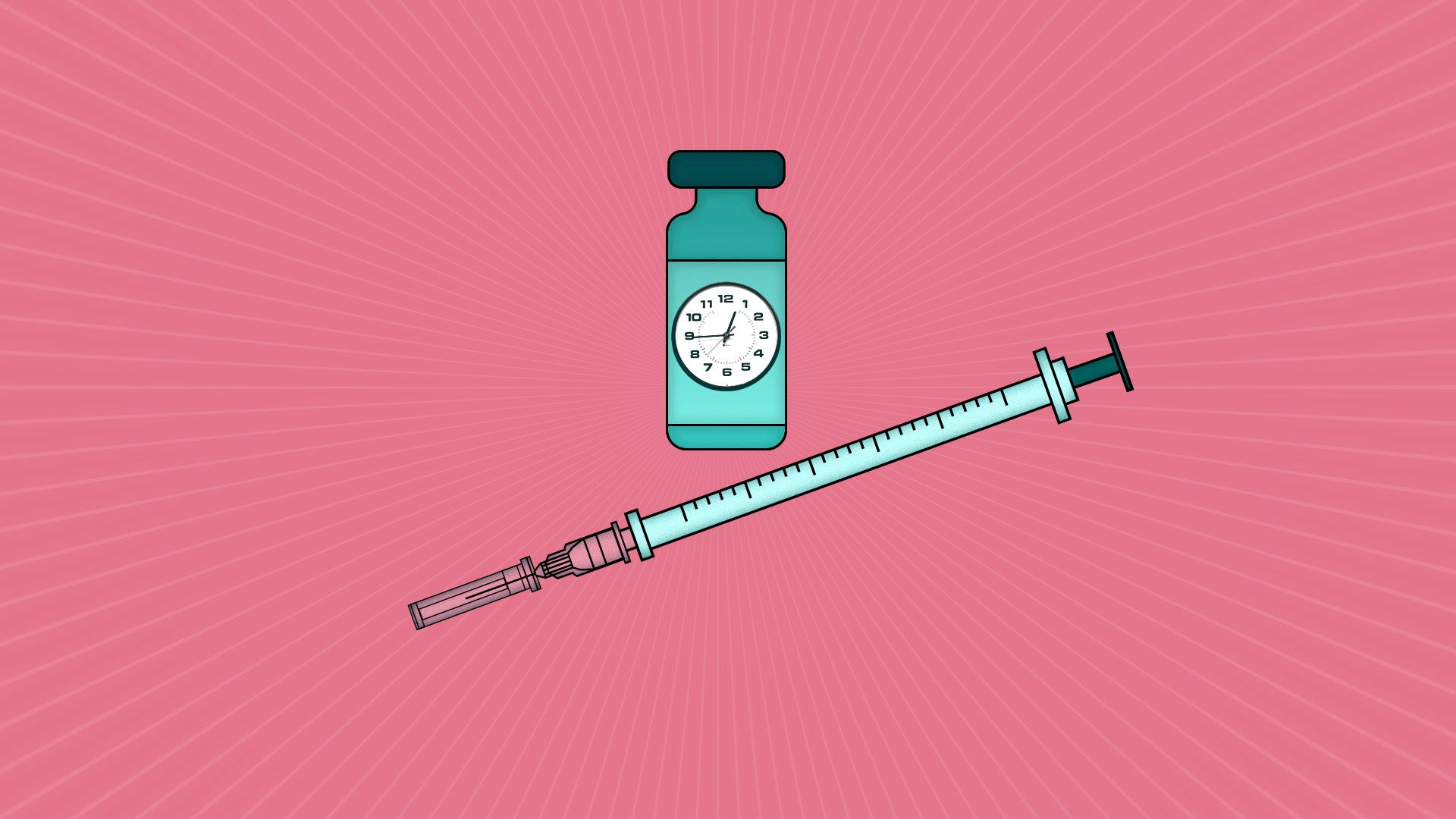How quickly do I need a second COVID-19 vaccine shot?
The first COVID-19 vaccines in the U.S. and U.K. require two doses a few weeks apart

Your support helps us to tell the story
From reproductive rights to climate change to Big Tech, The Independent is on the ground when the story is developing. Whether it's investigating the financials of Elon Musk's pro-Trump PAC or producing our latest documentary, 'The A Word', which shines a light on the American women fighting for reproductive rights, we know how important it is to parse out the facts from the messaging.
At such a critical moment in US history, we need reporters on the ground. Your donation allows us to keep sending journalists to speak to both sides of the story.
The Independent is trusted by Americans across the entire political spectrum. And unlike many other quality news outlets, we choose not to lock Americans out of our reporting and analysis with paywalls. We believe quality journalism should be available to everyone, paid for by those who can afford it.
Your support makes all the difference.How quickly do I need a second COVID-19 vaccine shot?
The first COVID-19 vaccines in the U.S. require two doses a few weeks apart.
People should get some degree of protection within two weeks of the first shot, with the second shot bringing about the vaccine’s full protection. For the vaccine by Pfizer and Germany’s BioNTech, the second shot is supposed to be after three weeks. For Moderna, it’s four weeks.
But how closely those guidelines should be followed has been a point of difference for the United States and the United Kingdom which has been rolling out the Pfizer vaccine and one by Astrazeneca that requires two doses given four weeks apart.
To get more first shots into people and give them at least some degree of protection, the UK says it’s OK to delay the boosters for as long as 12 weeks. But that strategy has been nixed in the U.S., where regulators say there’s no science backing the approach.
A major concern is that it’s unknown how long the partial protection from one dose can last. “There is no data to demonstrate that protection after the first dose is sustained after 21 days,” Pfizer said.
U.S. regulators agreed, saying too few people in the Pfizer and Moderna vaccine studies missed their scheduled boosters to have enough data to show the strategy might work.
The timing of the shots doesn't have to be exact in the U.S., though; the Centers for Disease Control and Prevention says the second shots can be given up to four days earlier or later.
___
The AP is answering your questions about the coronavirus in this series. Submit them at: FactCheck@AP.org.
Read previous Viral Questions:
Can employers make COVID-19 vaccination mandatory?
Will children be able to get COVID-19 vaccines?
Can I stop wearing a mask after getting a COVID-19 vaccine?